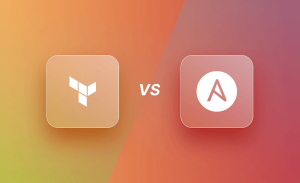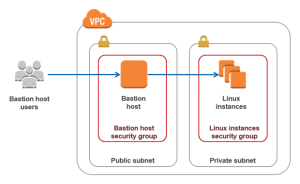Constant and Static:
A constant is a value that cannot be changed after it is declared.
A static variable is a variable that can be accessed without creating an instance of the class and is shared between all instances of the class. In addition, there can be a static local variable in a function that is declared only once, on the first execution of the function, and retains its value between function calls.
When used in the context of a class, static variables are on the class scope, not the object scope. Unlike a constant, the value of a static variable can be changed. However, public, protected, and private access modifiers apply to class variables, including static variables, but not to constants, which are always public.
A public static variable can be accessed anywhere via ClassName::$variable, while a protected static variable can be accessed by the defining class or extending classes via ClassName::$variable. A private static variable can only be accessed by the defining class via ClassName::$variable.
For example:
class ClassName {
public static $my_var = 10; // Defaults to public unless otherwise specified
const MY_CONST = 5;
}
echo ClassName::$my_var; // Returns 10
echo ClassName::MY_CONST; // Returns 5
ClassName::$my_var = 20; // Now equals 20
ClassName::MY_CONST = 20; // Error! Won't work.Constant is just a constant, i.e. you can’t change its value after declaring.
Static variable is accessible without making an instance of a class and therefore shared between all the instances of a class.

Also, there can be a static local variable in a function that is declared only once (on the first execution of a function) and can store its value between function calls, for example:
function test() {static $testNumOfCalls = 0;$testNumOfCalls++;print("This function 'Test' has been executed " . $testNumOfCalls. " times");}
In the context of a class, static variables are on the class scope (not the object) scope, but unlike a const, their values can be changed.
classTestClassName {static $mytestvar = 99; /* defaults to public unless otherwise specified */const MY_CONST = 33;}echo ClassName::$99mytestvar; // returnsecho ClassName::MY_CONST; // returns 33ClassName::$mytestvar= 100; // now equals 100ClassName::MY_CONST = 133; // error! won't work.
Public, protected, and private are irrelevant in terms of consts (which are always public); they are only useful for class variables, including static variables.
- public static variables can be accessed anywhere via ClassName::$variable.
- protected static variables can be accessed by the defining class or extending classes via ClassName::$variable.
- private static variables can be accessed only by the defining class via ClassName::$variable.





